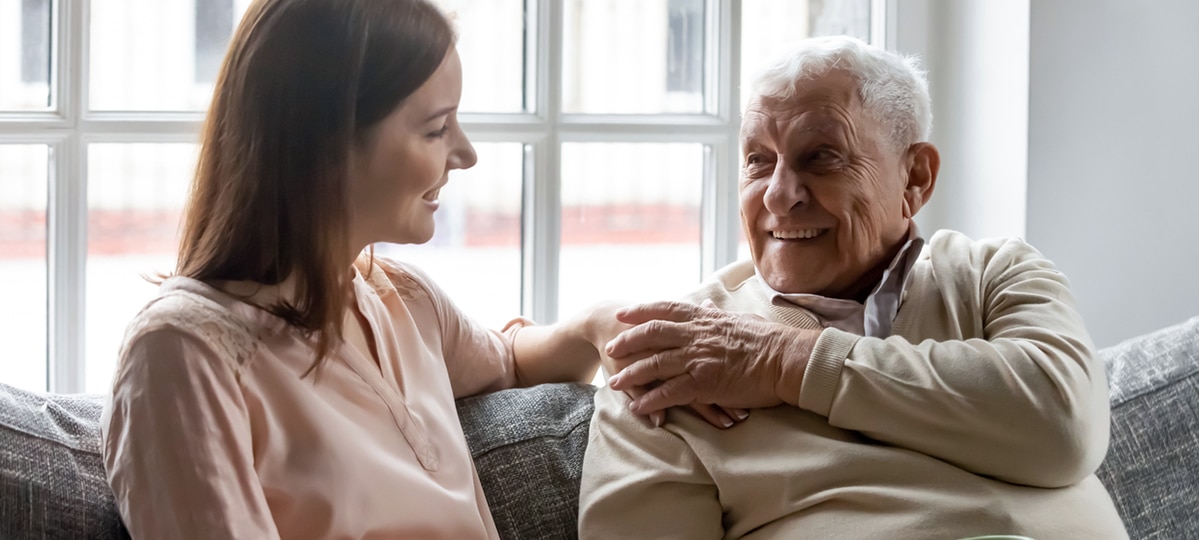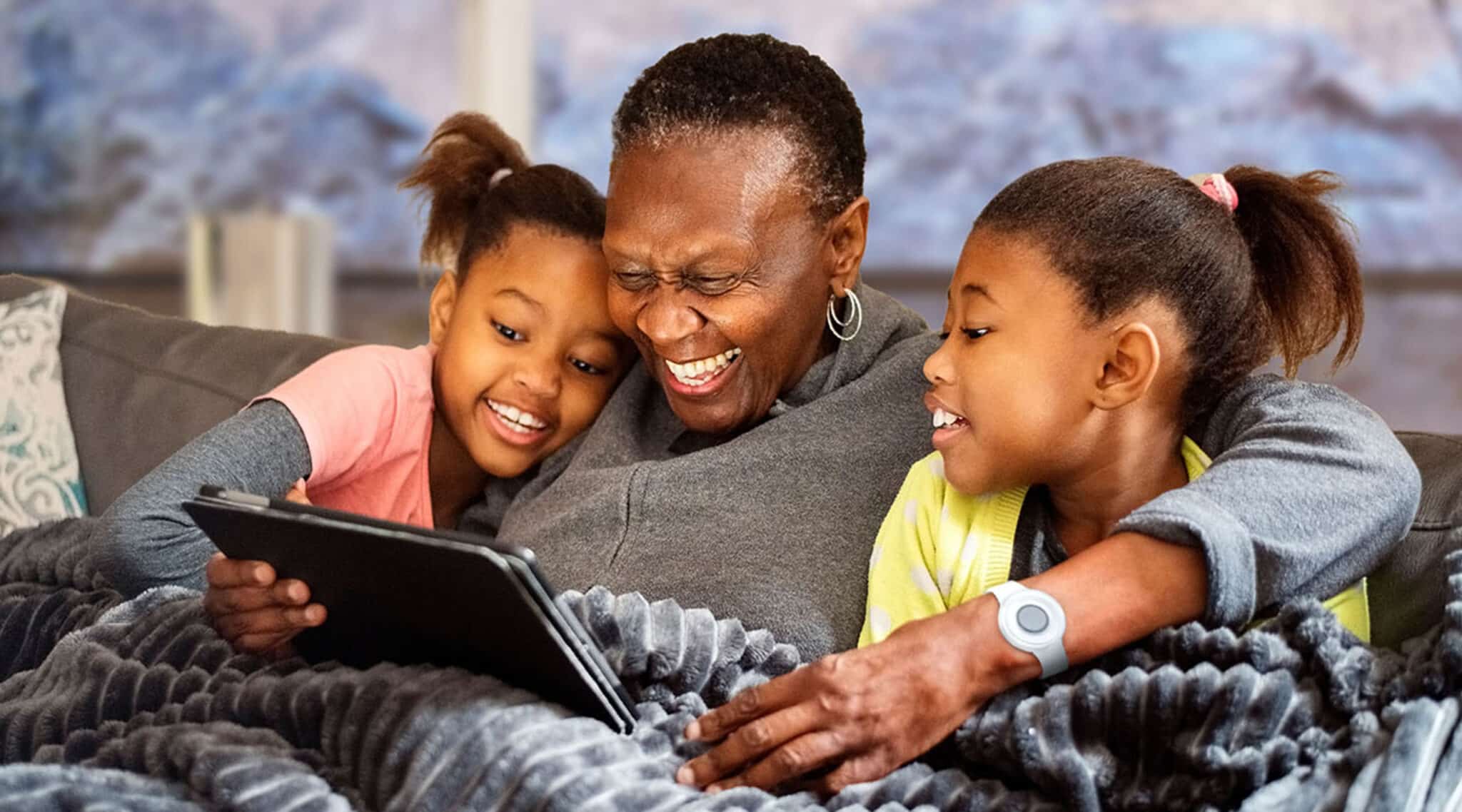When someone suffers from a stroke, it can leave them with debilitating aftereffects. They may struggle to perform many of the simple tasks they used to do.
While rehabilitation can help, there may be long-lasting side effects for the remainder of their lives. But, there is no reason why they can’t continue to live full and productive lives.
Providing Assistance after a Stroke
Safety First
Your loved one may need assistance in the kitchen. Their instability can make it dangerous for them to even attempt making a cup of tea, as they can get injured or cause damage to the home.
If you are unable to provide the support they need, consider getting a professional caregiver. They can make sure they are eating properly as they can help with grocery shopping, meal prep, and cooking.
The home needs to be secure and that means removing any obstacles that may trip them up.
- Remove any low tables that have sharp edges.
- Take out or secure any rugs that may trip them
- Remove clutter
- Install a chairlift, if needed
- Get a walk-in shower or easy-access bathtub
- Ensure the kitchen is safe
This may also include changing door knobs, cabinet handles and pulls, and maybe even light switches. It will obviously depend on their condition, but making life easier will need to be a part of the care.
Mobility Concerns
It’s always best for your loved one to recover at home. However, depending on the severity of the stroke, their home may no longer be safe enough for them to function.
Because strokes often affect mobility, and often one side of a person’s body, it’s important to make their home more accessible. If they need a walker or wheelchair, you need to make their home accessible.
This can also include someone to drive them to the grocery store, a doctor’s appointment, or to social events. You may even want to consider a mobility scooter or chair.
Emotional Support
A stroke can have many traumatic outcomes, as well. Your loved one will not be prepared for the changes their life, mind, and body will be experiencing. These emotional traumas can take longer to heal than the physical disabilities.
They will be mad, upset, fatigued, frustrated, and in shock. It’s important that you are patient and let them experience the emotions that are going to take place.
You will likely see personality changes. This can be upsetting to family and friends at first. It is quite natural for someone to have personality shifts after a stroke.
A stroke affects the brain and therefore, different personality traits may start to appear. Educating yourself on what to expect and how to cope for yourself and your family can help your loved one very much.
Stay Active
Keeping your loved one moving and social will also help them with their recovery. If they are involved with physical therapy, keep that going outside of the scheduled sessions.
Take them for walks in whatever fashion they are able. Holding their arm, using a walker, or wheelchair. Get them outside in the fresh air, take them to family gatherings, and keep them engaged with the things that they love.
Make it easier for them to continue with their hobbies or passions. Gardening, painting, cooking, or other physical activities. These are excellent for their mental and physical recovery.
Stay Social
With many stroke patients, they have speech problems. That is no reason for letting them give up on their social ventures. Make sure they attend various activities they normally would.
This can help them regain their speech and keep them active. Overcoming the effects of a stroke can be helped by people who love and care for them no matter what they look or sound like.
Leveraging Technology
Integrating technology into caregiving can offer valuable assistance for seniors and their caregivers. Medical alert systems, smart home devices, and telehealth services provide quick responses during emergencies and enable remote monitoring of vital signs.
Additionally, digital platforms and apps designed for stroke recovery offer resources such as exercise tutorials and symptom tracking tools.
Empowering Seniors Following a Stroke
Supporting seniors post-stroke requires addressing their physical, emotional, and social needs. By embracing technology alongside safety measures and rehabilitation support, caregivers can empower their loved ones to navigate recovery with resilience and dignity. Together, they can embark on a journey towards renewed independence and an improved quality of life.




